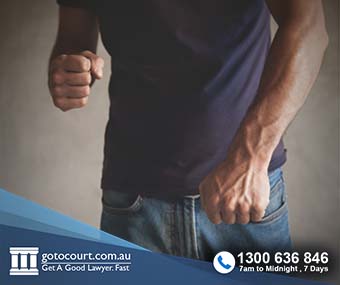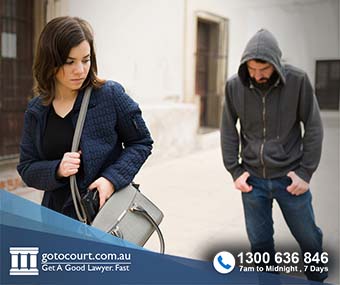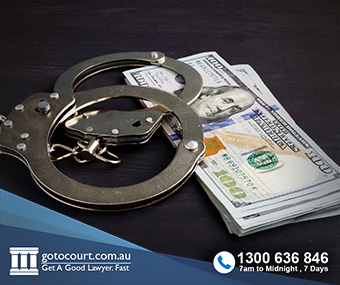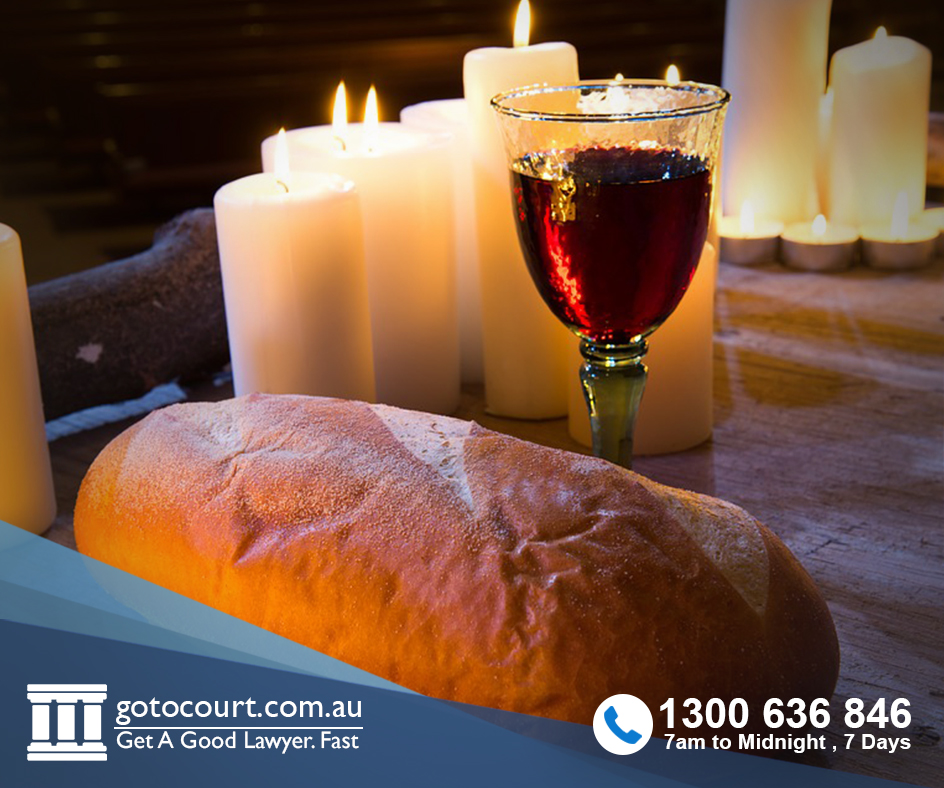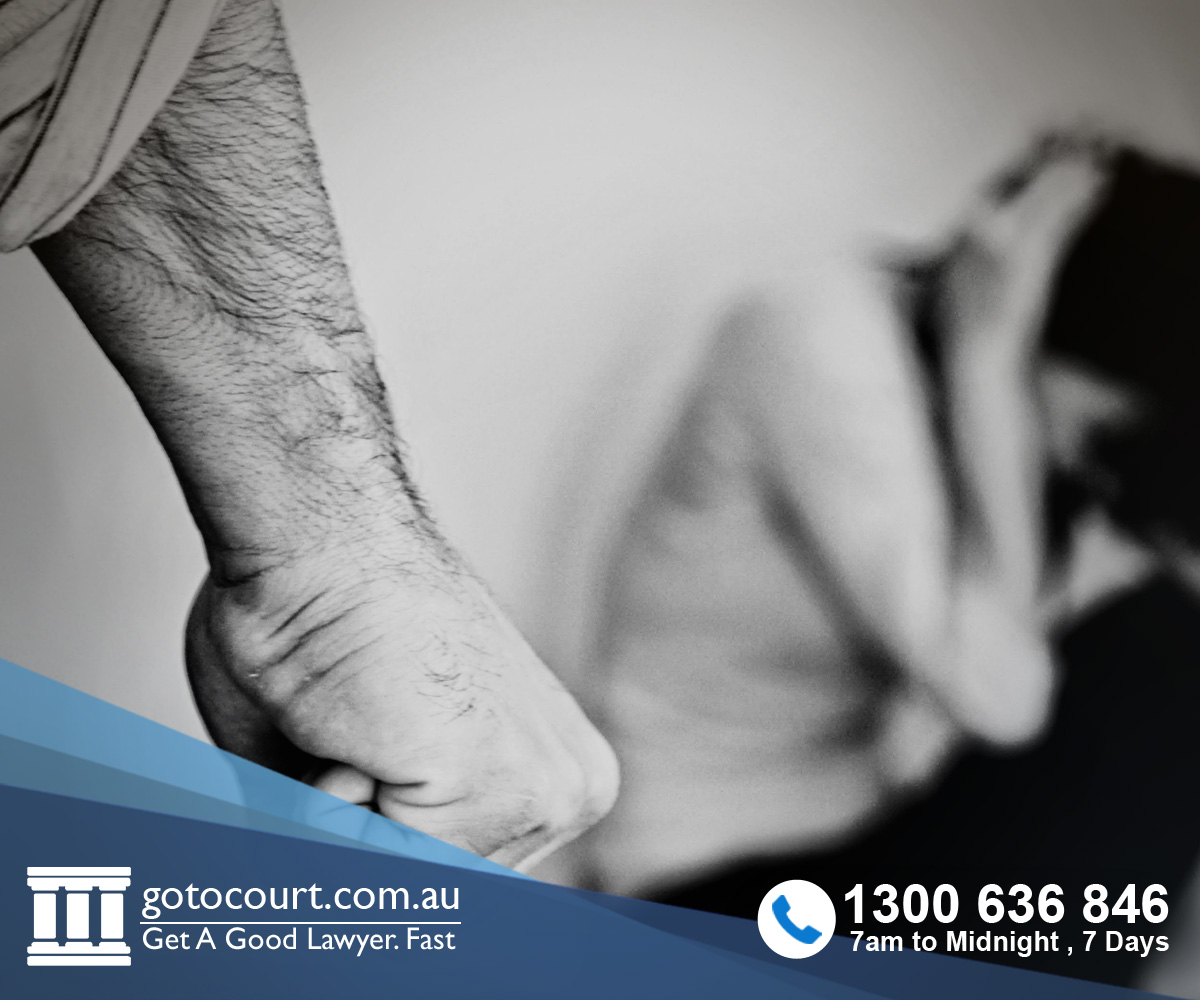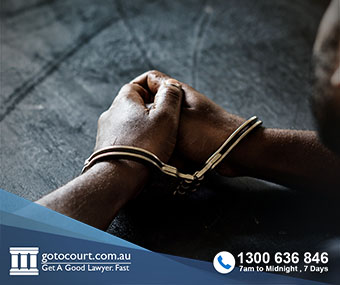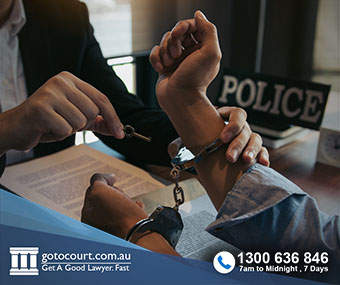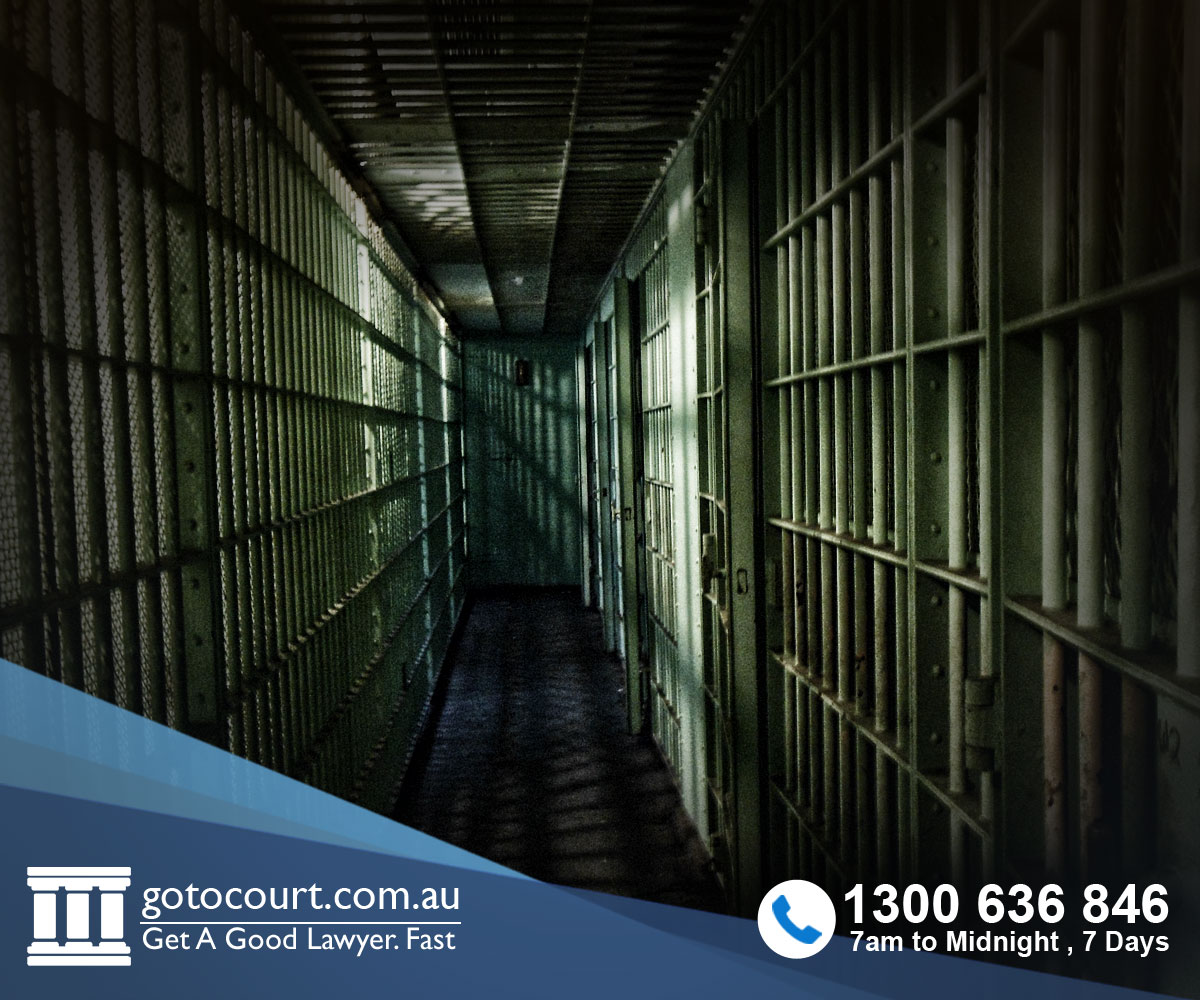Bail in Victoria
Bail in Victoria
Bail is the release from custody of a person charged with a criminal offence on the condition that they return to court at a later date to respond to the charges. In Victoria, decisions about bail are governed by the Bail Act 1977. The Act underwent significant reforms in March 2025, and this page outlines how the Victorian bail system now operates.
2025 changes
The 2025 amendments introduced substantial reforms to the Bail Act 1977, significantly affecting both adult and youth bail decisions.
Community safety as the overarching consideration
A major change was the introduction of community safety as the overarching consideration in all bail decisions. Decision-makers must now give more weight to community safety than to other factors such as the presumption of innocence, the right to liberty, and the promotion of fairness.
Youth bail
One of the most significant reforms concerns bail for children and young people. Previously, remand for a child was a last resort, reflecting the principle that rehabilitation is of paramount importance for accused persons under 18.
Since March 2025, this principle has been removed. Decision-makers now have greater discretion and may consider remanding a young person primarily to maximise community safety, rather than only when no alternatives exist.
New offence while on bail
The amendments also re-introduced section 30B, which creates a standalone offence of committing an indictable offence while on bail. The offence carries a maximum penalty of three months of imprisonment or 30 penalty units.
How bail is granted
Bail may be granted either by police or by a court/bail justice, depending on the circumstances.
Bail by police
When a person is arrested, the police officer must consider whether to grant bail. If bail is not granted, the person must be taken to a court as soon as practicable. If bail is granted, conditions may include:
- residing at a specific address
- staying away from certain places or people
- attending court at a specified time and date
Bail by court or bail justice
If bail is refused by police, the person must be brought before a court and given the opportunity to apply for bail. The court or bail justice will refuse bail if there is an unacceptable risk that the person will:
- fail to attend court
- commit an offence while on bail
- interfere with witnesses or obstruct justice
The factors that will be considered include:
- the nature and seriousness of the offence
- the person’s character and criminal history
- their previous compliance with bail
- whether they pose a family violence risk
Certain offences (such as drug trafficking) require a person to show that exceptional circumstances exist to justify bail. If this is not shown, bail will be refused.
Other offences (such as breaching a Family Violence Intervention Order) require the accused to show compelling reasons why bail should be granted. If this is not shown, bail will be refused.
The 2025 changes to the Bail Act 1977 involved adjustments to the lists of offences that trigger the ‘exceptional circumstances’ and the ‘show compelling reason’ tests.
After bail is granted
After bail is granted, the person may leave custody subject to the conditions of the bail undertaking.
Breach of bail conditions without a reasonable excuse is an offence, with a maximum penalty of 3 months’ imprisonment or 30 penalty units.
Committing an indictable offence while on bail is a separate offence under section 30B, carrying the same penalty.
If bail is refused
The person will remain in custody until the matter is resolved or until bail is granted by a court.
A further bail application can only be made in certain circumstances, for example:
- where new facts or circumstances arise
- where the person was unrepresented when bail was refused
Conclusion
The March 2025 amendments represent a significant tightening of Victoria’s bail laws, including:
- making community safety the primary guiding principle
- removing the ‘last resort’ principle for remand of a youth
- expanding the list of offences requiring exceptional circumstances or a compelling reason for bail
- introducing a new offence of committing an indictable offence while on bail.
The reforms have been criticised for increasing incarceration rates and disproportionately impacting disadvantaged groups. Legal organisations have also argued the laws are a costly and ineffective response to crime.
The government maintains the stricter laws are a necessary response to rising crime rates.
If you require legal advice or representation in any legal matter, please contact Go To Court Lawyers.

Affordable Lawyers
Our Go To Court Lawyers will assist you in all areas of law. We specialise in providing legal advice urgently – at the time when you need it most. If you need a lawyer right now, today, we can help you – no matter where you are in Australia.How It Works




1. You speak directly to a lawyer
When you call the Go To Court Legal Hotline, you will be connected directly to a lawyer, every time.

2. Get your legal situation assessed
We determine the best way forward in your legal matter, free of charge. If you want to go ahead and book a face-to-face appointment, we will connect you with a specialist in your local area.

3. We arrange everything as needed
If you want to go ahead and book a fact-to-face appointment, we will connect you with a specialist in your local area no matter where you are and even at very short notice.

